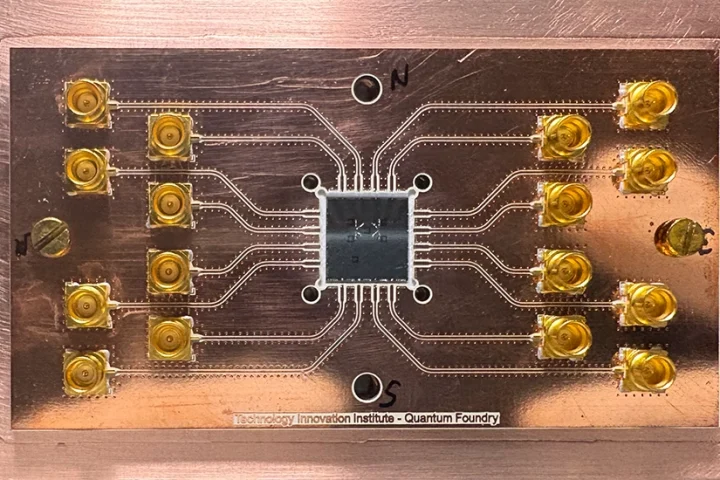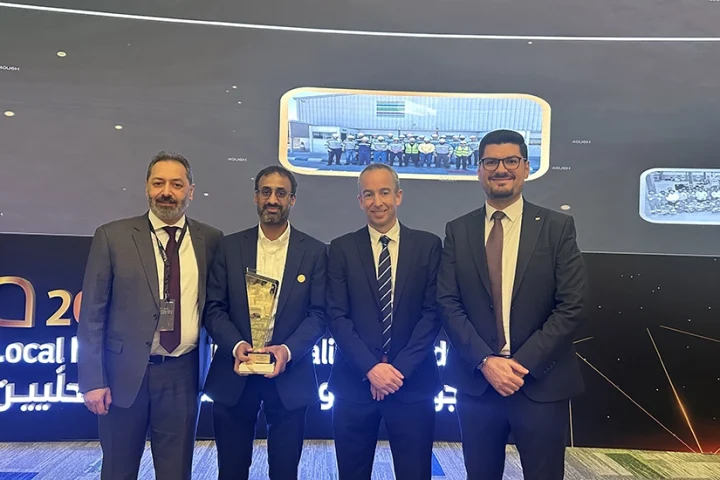Optimistic forecasts for the UAE’s construction sector for the next few years is driven by factors such as encouraging macroeconomics, affirmative demographics, and rising tourism activities as well as a resistant infrastructure project pipeline as part of the country’s strategic Vision 2021.With Dubai Expo 2020 also on the horizon, the government is solidly behind smart development initiatives.
The computing capabilities of mobile & IoT devices have advanced to a level that has made them capable of aiding the planning, designing, and building phases. But turning mobility into an effective tool requires not only computing power but also connectivity. At job-sites, wired connections are not feasible and cellular networks are not always available and hence a strong case can therefore be made for developers to utilize Wi-Fi solutions. These are not only easy to install and manage, but are now also affordable and rugged enough to see deployment in harsh construction surroundings.
Facilitating Workflow
With the introduction of tablet devices, mobile project management has emerged as a worthy replacement to age old methods. Coupled with the broad ecosystem of feature-rich mobile applications and the ability to draw from vast amounts of remotely stored data and ‘cloud’ services, these devices are capable of granting contractors, engineers and supervisors access to blue prints, schematics and other vital documents.
High speed wireless connectivity is an enabler of the following applications:
Wearables
A truck driver can be required to wear a “wearable”, which may come in the form of an activity band. Drivers and management can be notified if a driver is missing or is being unproductive. Construction workers on-site can wear a helmet and vest with RFID, vitals monitoring, GPS sensors, motion sensors, etc.
Smart GPS
Knowing GPS data related to where your equipment is located and how it is being used is important for identifying cost savings opportunities and keeping your fleet organized. These benefits can be uncovered by analyzing the GPS data from across your fleet and comparing it over a period of time.
Asset Tracking
At job sites, company assets are a major investment and the progress of construction is heavily dependent on their functionality. Heavy-equipment is often required to be left on-site overnight which makes them a prime target for theft. Asset tracking technologies help monitor such equipment remote locations and automatically detect and report suspicious behaviour.
Equipment Inspection
Similar to monitoring and repair, equipment inspections can be enormously enhanced by the help of smart sensors. With the advanced sensors available now, machinery can self-detect the imminent need for a repair before it becomes a larger issue. Lost/late forms, low accuracy and undue internal processing time are no longer an issue with electronic processes.
Site Security
Another vital area of a construction site where mobile technology can be applied is in video surveillance. Not only does this enable better collaboration and remote supervision, it is essential to site security.
Evaluating IoT and Mobiiity Solutions for the Construction Site
An Internet of Things solution implementation is not impossible to manage, but it’s not easy either. In fact, developing solutions for the Internet of Things requires unprecedented collaboration, coordination and connectivity for each piece in the system, and throughout the system as a whole.
There is also a need to balance cyber and physical security since smart devices are physical in nature. For any country keen to drive smart cities, both cyber and physical security should always be considered in the upstream of the project.

















